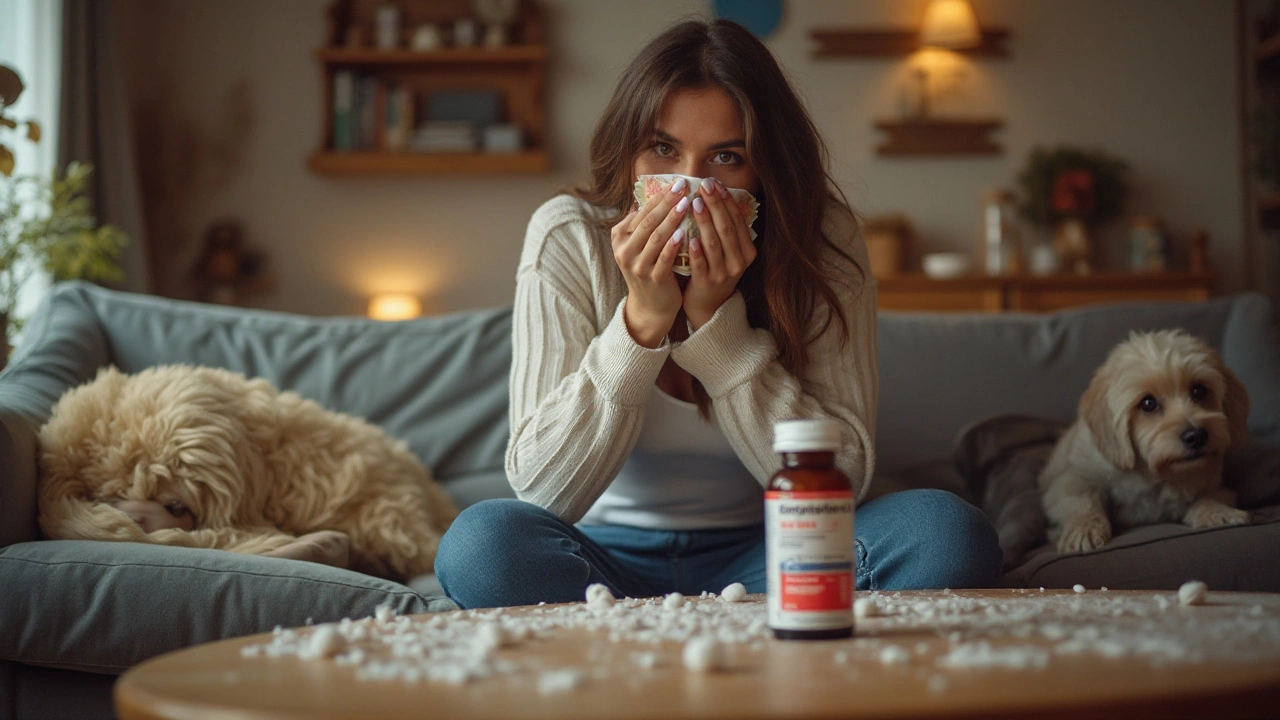Household Products: Simple Tips for a Healthier Home
Ever wonder if the stuff you use at home could affect your well‑being? You’re not alone. Many women worry that everyday cleaners, detergents, or air fresheners might be harming them or their families. The good news is you can make smarter choices without turning your house upside down.
Read Labels Like a Pro
The first step is learning to read product labels. Look for terms like “fragrance‑free,” “phosphate‑free,” and “non‑toxic.” If the ingredient list is longer than ten items, it’s probably best to skip it. Ingredients such as ammonia, chlorine bleach, or formaldehyde can irritate skin, lungs, and even hormone balance.
When you see a vague term like “parfum” or “natural fragrance,” treat it with suspicion. Those are often just marketing tricks for chemicals that could trigger allergies or headaches. Stick to brands that publish full ingredient disclosures.
Switch to Safer Alternatives
You don’t need to buy expensive specialty products to stay safe. Simple pantry staples work wonders: white vinegar, baking soda, and lemon juice clean countertops, tubs, and floors without harsh chemicals. Mix one part vinegar with two parts water for a glass‑cleaning spray that leaves no residue.
For laundry, use a half‑cup of baking soda instead of commercial fabric softeners. It brightens clothes, reduces static, and is gentle on skin. If you prefer a scented option, add a few drops of essential oil—just make sure it’s safe for children and pets.
Another easy swap is replacing aerosol sprays with pump bottles. Aerosols often contain propellants that linger in the air and can irritate the respiratory system. A refillable spray bottle gives you control over what goes inside.
If you’re buying a new product, check for certifications like “USDA Certified Biobased” or “EcoLogo.” Those seals mean an independent group has verified the product meets stricter safety standards.
Don’t forget about indoor air quality. Open windows while cleaning and use a low‑efficiency particulate air (HEPA) filter vacuum to trap dust and allergens. A few minutes of fresh air can reduce the impact of any lingering chemicals.
Finally, store all household items out of reach of kids and pets. Even “safe” products can cause trouble if ingested in large amounts. Keep them in locked cabinets or on high shelves, and always label homemade mixtures clearly.
By paying attention to labels, choosing simple alternatives, and keeping your space well‑ventilated, you’ll protect your health without sacrificing cleanliness. Small changes add up, making your home a safer place for you and the people you love.

